Cricket and Invincible South Africa.
Forgotten Days of the 60s & 70s.
@Asim Deb
Cover Photo: South Africa cricket team 1952-53 in ANZ tour.
Present generation knows cricketing South Africa only for last about 30 years, prior to that for a good long 22 years South Africa was expelled from international cricket due to apartheid. South Africa, those days, was considered producing some of the world’s best cricketers.
Australia arrived in South Africa in 1969, fresh off a 3-1 series win over India in India. Given the Aussies’ all-conquering teams, it was an excellent result for Bill Lawry’s men with the team’s record against England, West Indies and India, they arrived in South Africa as a highly regarded outfit. Ian Chappell, the best batsman in the world; Johnny Gleeson, a spinner and Graham McKenzie, the youngest bowler in test history to take 200 wickets.
Despite their undoubted pedigree, it did not work that way. The end result was that the Springboks gained a clean sweep in the four Tests. Australians were outplayed, taken apart and beaten heavily. South African Trevor Goddard bowed out after the third match of the series when South Africa won 4-0 of 1969-70, the country’s last series for more than 20 years. It was an emotional farewell for one of the most talented and popular men to have played for the country.
That 10th March 1970 remains as a historic day for South Africa’s cricket history as they completed whitewash in a 4-match Test series over touring Australia. However, they less knew that the next they would feature in any future International game only after 21 years. It turned out to be the last day of International cricket for one of the greatest generation of cricketers produced by South African. The Anti-Apartheid Movement in South Africa that caused imbalances to the sport made ICC impose a ban on the African team. Political interference caused South Africa, the world’s number one cricket team, banned by the International Cricket Council (ICC) for 21 years. According to South African government rules, his country’s team was allowed to play only against white countries (England, Australia, and New Zealand). Also, the condition was that only white players would play in the opposition team.
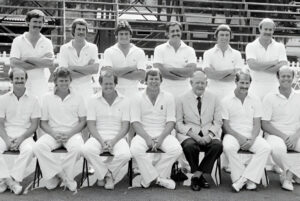 South African Squad of ‘70:
South African Squad of ‘70:
1st eleven: Trevor Goddard, Barry Richards, Ali Bacher, Graeme Pollock, Eddie Barlow, BL Irvine, Mike Procter, D Gamsy, Peter Pollock, MA Seymour, GA Chevaller
Australian Squad of ‘70:
• Batsman: Bill Lawry (captain), Ian Chappel (vice captain), Doug Walters, Paul Sheahan, Keith Stackpole, Ian Redpath, Jock Irvine.
• Bowlers: Graham McKenzie, Alan Connoly, Eric Freeman, Laurie Mayne, John Gleeson, Ashley Mallett.
• Wicket-keepers – Brian Taber, Ray Jordon
Test Series Summary:
• 1st Test at Newlands Cricket Ground, Cape Town – South Africa won by 170 runs
• 2nd Test at Kingsmead, Durban – South Africa won by an innings and 129 runs
• 3rd Test at Wanderers Stadium, Johannesburg – South Africa won by 307 runs
• 4th Test at St George’s Park, Port Elizabeth – South Africa won by 323 runs
So, the emperor reigns at Kingsmead
South Africa’s 4-0 whitewash was the first team to whitewash Australia in nearly 84 years and the first in a 4-match series. Till date, Australia got whitewashed in a 4-match Test series only twice and three times in a 3-match series. This Test turned out to be the last one for ten of the 11 South Africans in the playing XI. The youngest member in that South African XI, John Traicos, later featured in four Tests for Zimbabwe at the age of 45 during 1992/93.
The isolation brought an end to the careers of the Pollock brothers; Graeme, who averaged over 60 with the bat scoring 2256 runs in 43 innings and Peter, who took 116 wickets at 24.18 and scored at 21.67 average. Mike Procter bagged 41 wickets in seven matches at an average of 15.02 but his career was restricted to first-class where he scored 21936 runs and took 1417 wickets under 20. An aggressive batsman in Barry Richards’ Test career was limited to four Tests he played in his debut series scoring 508 runs at 72.57 and an S/R of nearly 60.
The Selected magazine charted the following 25 South Africans players in order of their ‘greatness’: Graeme Pollock, Barry Richards, Mike Procter, Aubrey Faulkner, Allan Donald, Eddie Barlow, Jack Kallis, Dudley Nourse, Taylor, Huge Tayfield, Johnny Waite, Neil Adcock, Jimmy Sinclair, Shaun Pollock, Trevor Goddard, Ntini, Peter Kirsten, Jock Cameron, Colin Bland, Jhonty Rhodes, McMillan, Boucher, Gary Kirsten, Peter Pollock and SmitGary Lemke.
And Ali Bacher as the captain.
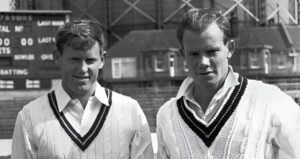 Graeme (left) and brother Peter Pollock
Graeme (left) and brother Peter Pollock
Neil Manthorp says about Graeme Pollock:
“In every country’s all-time XI there will probably be two or three certainties but only two or three of those men would be certainties in an all-time world XI. Graeme Pollock is one of them. Almost certainly the first name the jury wrote down, probably closely followed by Barry Richards and Mike Procter.”
Colin Bryden says about Barry Richards:
“I would have chosen Richards to bat for my life, provided he was in the right mood. Always perfectly balanced, he had the ability to make the fastest bowlers look medium-paced, while his footwork was a nimble counter to spin.”
Archie Henderson says about Dudley Nourse:
“Nourse was one of the most heroic of South Africa’s Test cricketers, one of the longest-serving, and he was world-class at a time when the national team was regarded as second-rate. At the age of 40 he made a double-century, 208, against England at Nottingham also leading the Springboks to their first Test win in 16 years. In that innings he played with a broken thumb and grittily batted for nine hours.”
Wisden adds on Aubrey Faulkner:
“One of the earliest exponents of the googly, he differed from other bowlers of that type because of his ability to send down quite a fast ball, almost a yorker, and when at his best, with faultless length, skill in turning the ball either way and a puzzling variation of flight, he proved too much for some of the world’s greatest batsmen.”
Robert Houwing says about Mike Procter:
“Quite simply, a bums-on-seats cricketer: a dashing, dynamic all-rounder whose Test career was curtailed by apartheid to seven matches. He claimed 41 Test wickets at a dreamy average of 15.02, with his burning pace off a long, energetic run-up, although his batting flamboyance was more evident for Rhodesia and Gloucestershire in particular.”
Wisden adds on Hugh Tayfield:
“… one of the greatest off-spinners the game has seen… Tayfield took more wickets per Test match (4.59) then either Jim Laker or Lance Gibbs (4.19 and 3.91)… he was exceptionally accurate and could bowl all day without wavering.”
Andrew Samson says about Johnny Waite:
“Waite was a craftsman behind the stumps, renowned for taking spectacular catches standing back and being equally skillful standing up to the spinners. In addition, he was virtually a Test-class batsman, scoring four centuries and averaging over 30 in an era when wicketkeepers were not expected to score that many runs.”
After winning the home series against Australia, South Africa had a scheduled England tour in 1970 English summer. However, the tour was cancelled after protests from the anti-apartheid movement. The point of contention was whether the England selectors would include Basil D’Oliveira, a mixed-race South African player who was representing England in international cricket since 1966, having moved there six years earlier.
The South African squad was:
• Batsmen: Eddie Barlow, Barry Richards, Arthur Short, Graeme Pollock, Ali Bacher, Lee Irvine, Tiger Lance
• Wicket-keeper: Denis Lindsay
• Spin bowlers: John Traicos, Grahame Chevalier
• Fast bowlers: Peter Pollock, Pat Trimborn, Mike Procter, Gary Watson.
As this meant there would be no international cricket in England that season, a Rest of the World Team was formed to play a series of five-day matches against England. At the time, it was played as a Test Cricket series, but that status was later revoked by the International Cricket Council (ICC) and they are now termed as unofficial Tests, though still officially first class matches.
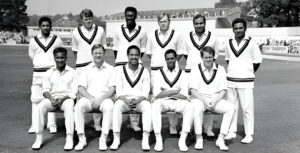 Garfield Sobers (33) (Captain, West Indies), Eddie Barlow (29) (South Africa), Farokh Engineer (32) Iindia), Lance Gibbs (35) (West Indies), Intikhab Alam (28) (Pakistan), Clive Llyod (West Indies), Rohan Kanhai (34) (West Indies), Graham McKenzie (28) (Australia), Deryck Murray (26), (West Indies), Mushtaq Mohammad (26) (Pakistan), Graeme Pollock (26) (South Africa), Peter Pollock (28) (South Africa), Mike Procter (23) (South Africa), Barry Richards (24) (South Africa). From the team, it is clear that South Africa was dominating in world cricket having 5 of their countrymen were in the team: Eddie Barlow (29) Graeme Pollock (26), Peter Pollock (28), Mike Procter (23), Barry Richards (24) and except Eddie Barlow and Peter Pollock, the rest 3 were at the beginning or mid of their career.
Garfield Sobers (33) (Captain, West Indies), Eddie Barlow (29) (South Africa), Farokh Engineer (32) Iindia), Lance Gibbs (35) (West Indies), Intikhab Alam (28) (Pakistan), Clive Llyod (West Indies), Rohan Kanhai (34) (West Indies), Graham McKenzie (28) (Australia), Deryck Murray (26), (West Indies), Mushtaq Mohammad (26) (Pakistan), Graeme Pollock (26) (South Africa), Peter Pollock (28) (South Africa), Mike Procter (23) (South Africa), Barry Richards (24) (South Africa). From the team, it is clear that South Africa was dominating in world cricket having 5 of their countrymen were in the team: Eddie Barlow (29) Graeme Pollock (26), Peter Pollock (28), Mike Procter (23), Barry Richards (24) and except Eddie Barlow and Peter Pollock, the rest 3 were at the beginning or mid of their career.
Then South Africa had a scheduled Australian tour in 1971-72, the squad supposed to be was
• Batsmen – Ali Bacher (capt), Hylton Ackerman, Lee Irvine, Graeme Pollock, Barry Richards
• All rounder – Eddie Barlow, Dassie Biggs, Peter de Vaal, Mike Procter, Clive Rice
• Fast bowler – Peter Pollock, Pat Trimborn, Vince van der Bijl
• Spin bowler – Grahame Chevalier
• Wicketkeeper – Denis Lindsay
Barlow subsequently withdrew for business reasons and was replaced by Arthur Short. However the tour was cancelled after protests from the anti-apartheid movement.The tour was replaced by a tour from a Rest of the World XIteam that had 3 South African players: the Pollock brothers and Ackerman.
South Africa did not tour Australia again until 1992.
Due to circumstances out of his control, Barry Richards could only play four Test matches in his career. However, in just the seven innings, he racked up 508 runs at an average of 72.57, scoring two centuries and two fifties. With such limited international exposure, Richards plied his trade in first-class cricket between 1964 and 1983, with 28,358 runs. He scored 80 centuries, including a best of 356, at an overall average of 54.74. He scored 8,506 one day runs, with 16 centuries. Richards played for Gloucestershire, Hampshire, Natal, South Australia, Transvall.
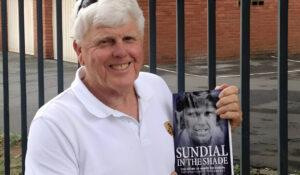 In 1969 he became Wisden Cricketer of the Year. In 2009, Richards was inducted into the ICC Cricket Hall of Fame.
In 1969 he became Wisden Cricketer of the Year. In 2009, Richards was inducted into the ICC Cricket Hall of Fame.
Richards and Procter, acknowledged as two of South Africa’s greatest cricketers, played against each other as schoolboys and went on to play together for the Natal province and South Africa at both junior and international level. “We were part of each other’s lives,” said Richards of his 65-year friendship with Procter.
After world cricket body banned South Africa, then during 1982 to 1990, the South African rebel tours had seven cricket series played. All these tours were organised in spite of the express disapproval of national cricket boards and governments, the International Cricket Conference and international organisations such as the United Nations.The tours were the subject of enormous contemporaneous controversy and remain a sensitive topic throughout the cricket-playing world. Once in 1979 Doug Insole, an English representative on the ICC, told SACU’s Ali Bacher: “Until apartheid goes, you can forget about getting back into world cricket.”
However, Bacher and SACU felt obliged to act to “keep the game alive in South Africa”. Since players were endangering their careers by breaking the boycott, SACU had to offer substantial sums to entice their targets. These rebels played “unofficial” internationals against a Springbok team. In the earliest rebel tours, Mike Procter and Peter Kirsten captained home teams featuring Barry Richards, Graeme Pollock, Clive Rice and Garth Le Roux. By their conclusion in 1990 many had retired and were replaced by the likes of Hansie Cronje and Allan Donald.
The government and white newspapers hailed the return of official international cricket. Apart from Ian Botham, it was said, this was the full-strength England team.Springbok colours were awarded to the home side in a series of three “Tests”. There were also three “one-day internationals”.
(Source: Cricket.com, ESPN cricinfo, Cricketcounty.com, Wikipedia).
https://en.wikipedia.org/wiki/South_African_rebel_tours
http://www.cricketcountry.com/articles/south-africa-all-time-xi-great-all-rounders-champion-fielders-and-twenty-years-of-darkness-349473
http://www.espncricinfo.com/magazine/content/story/713771.html
http://www.cricketweb.net/trevor-goddard-man-of-god/
http://www.thecricketmonthly.com/story/624979/the-emperor-reigns-at-kingsmead
http://www.sacricketmag.com/establishing-greatness-sas-best-ever-25/
http://www.espncricinfo.com/magazine/content/story/439337.html
*******

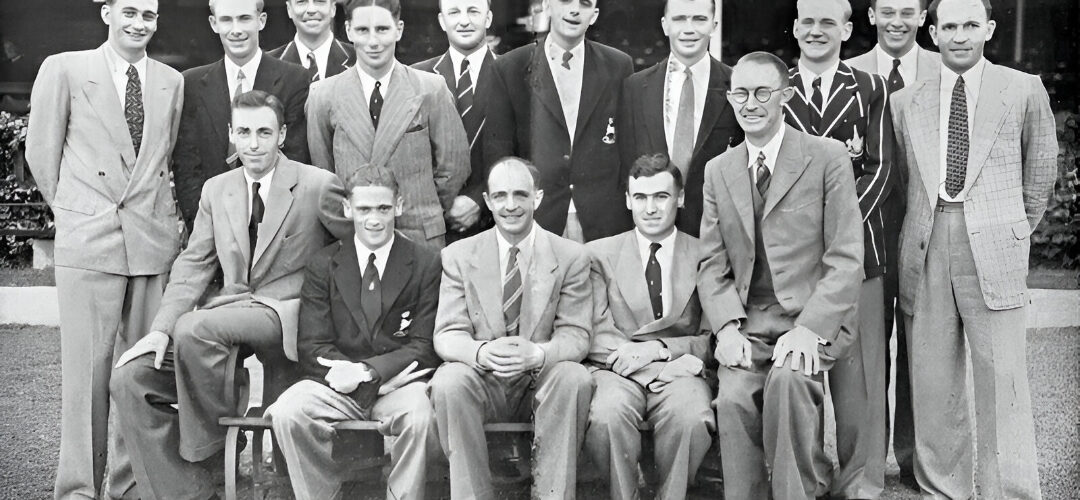
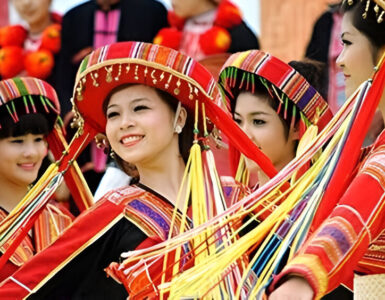
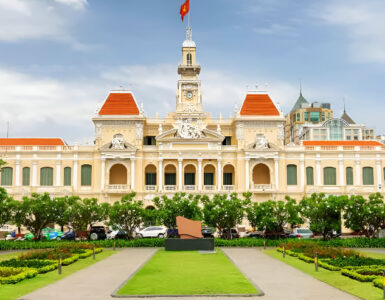
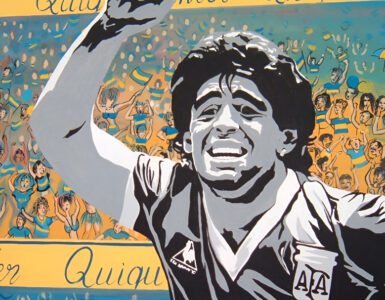









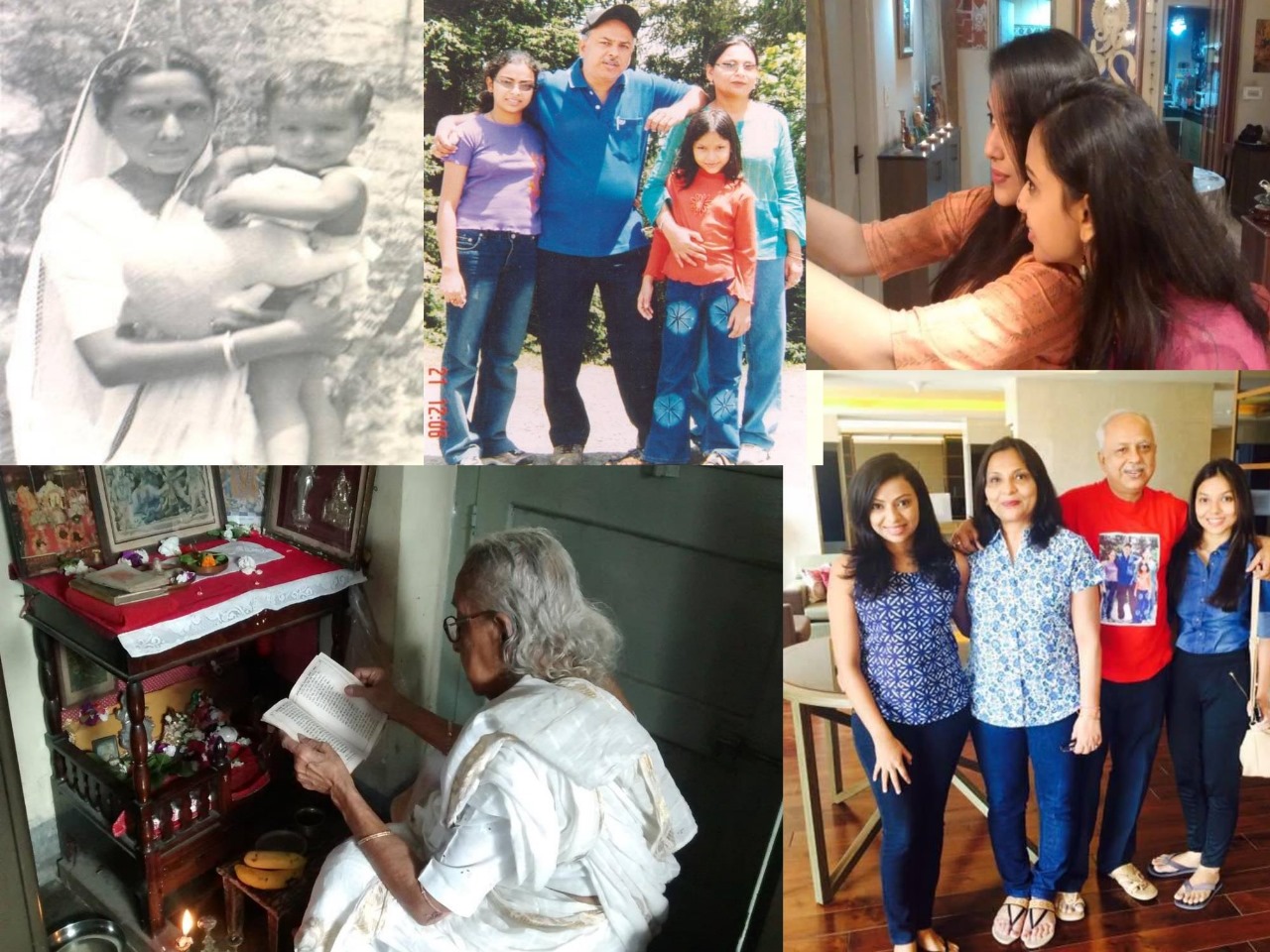
I was a high class student at that time, the Aussies had a remarkable series in India and then they landed at SA.
My God, what a pathetic Australian team.
At large, cricket lovers could never see or watch that SA team playing, it only remains as a dream team in people’s hearts.
Thanks for this article.